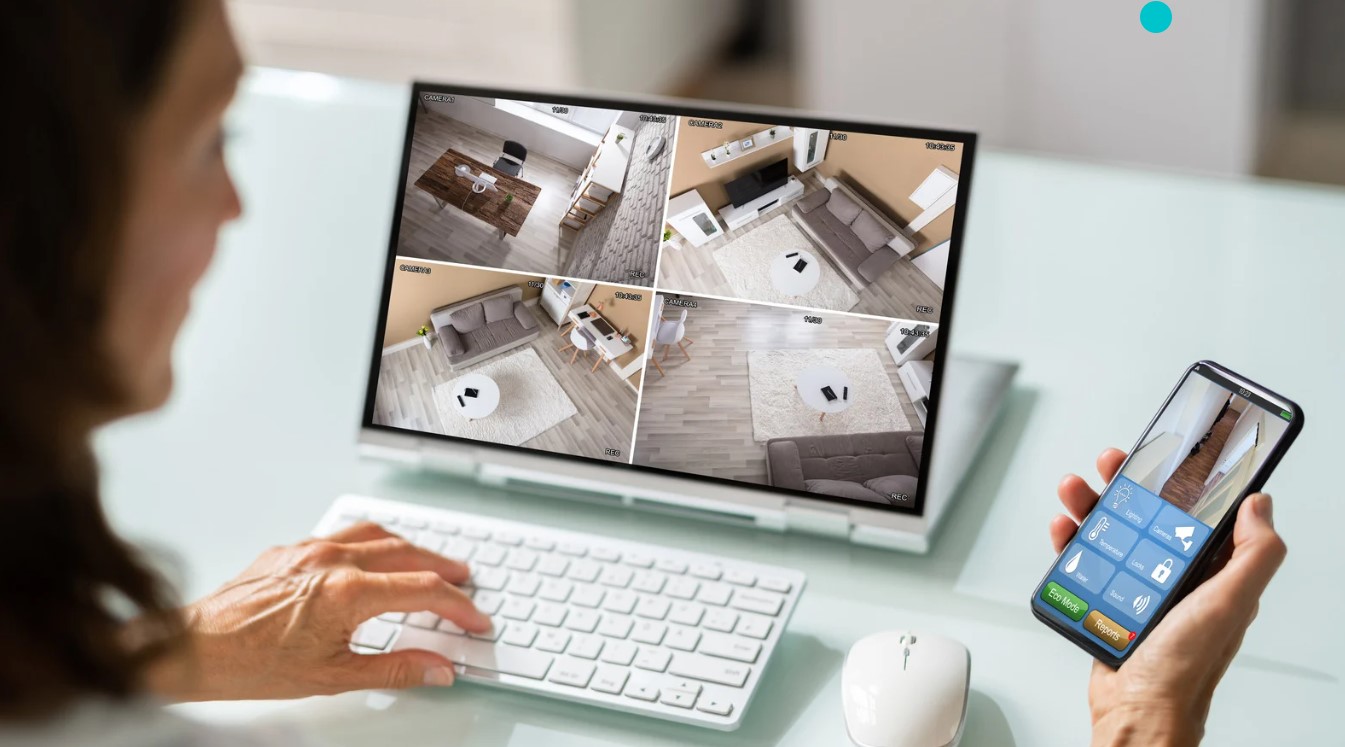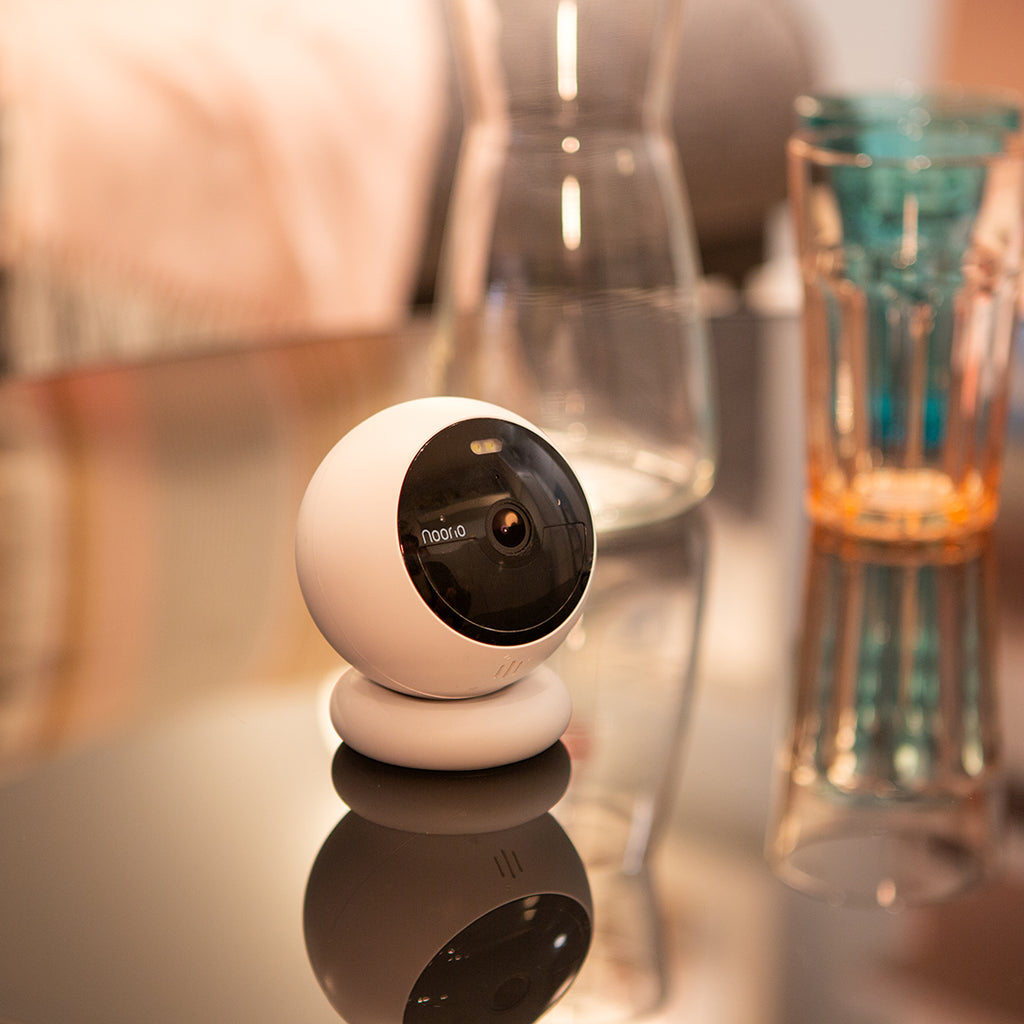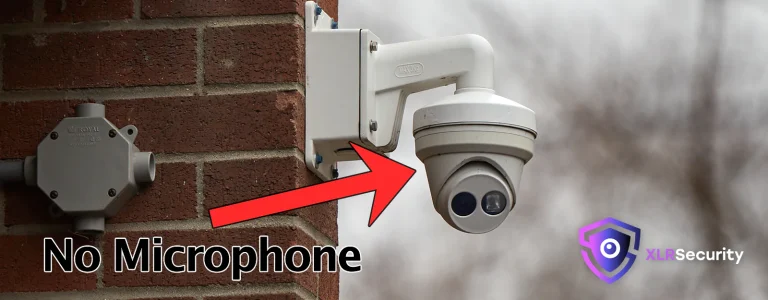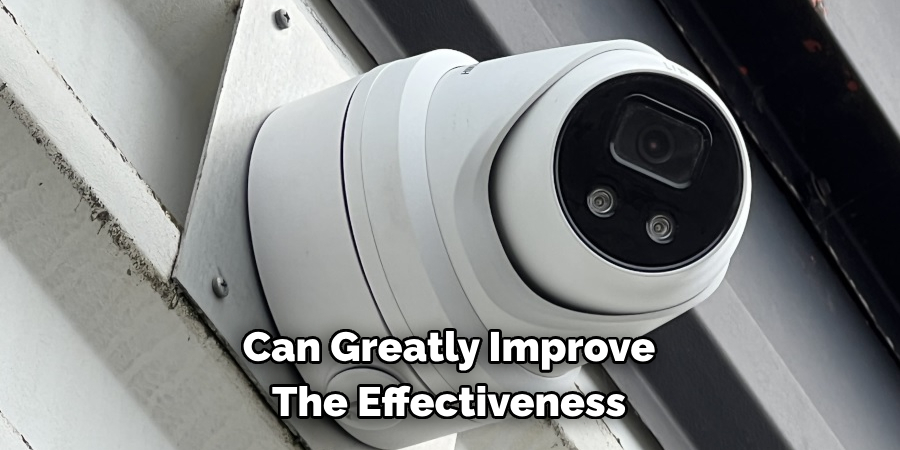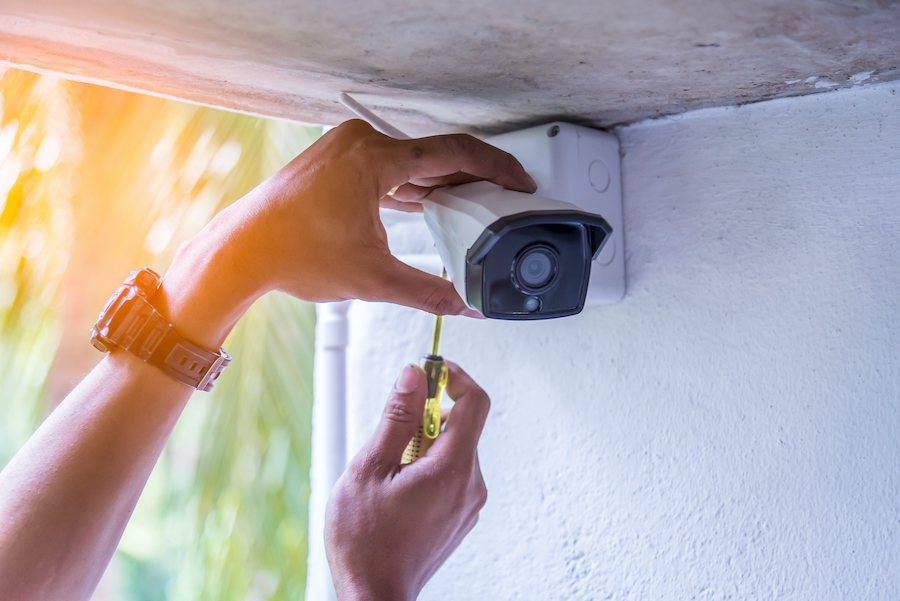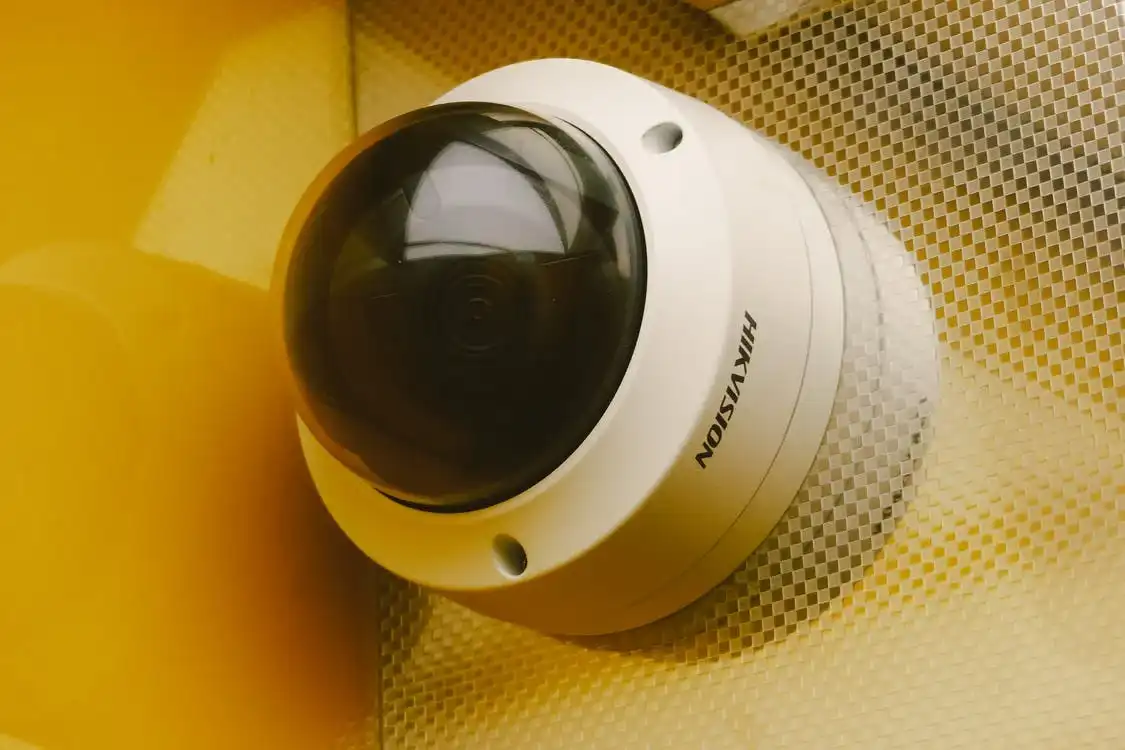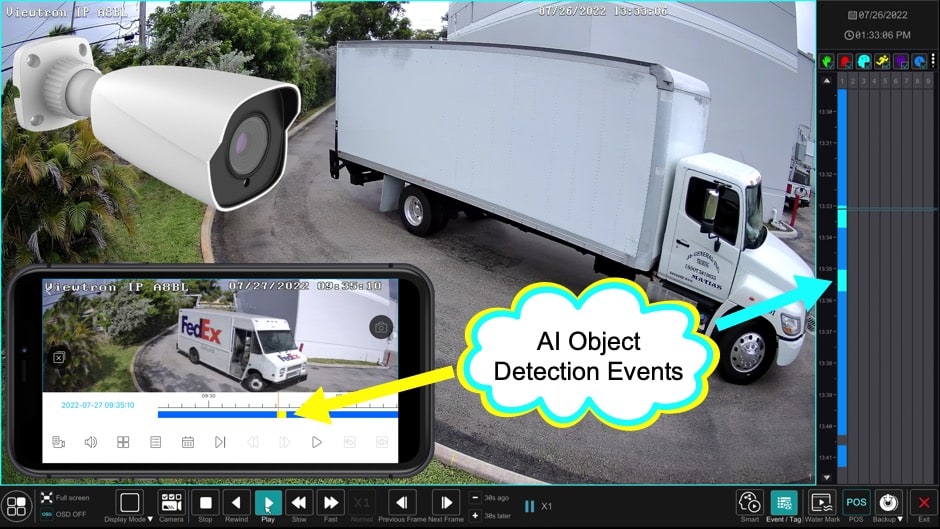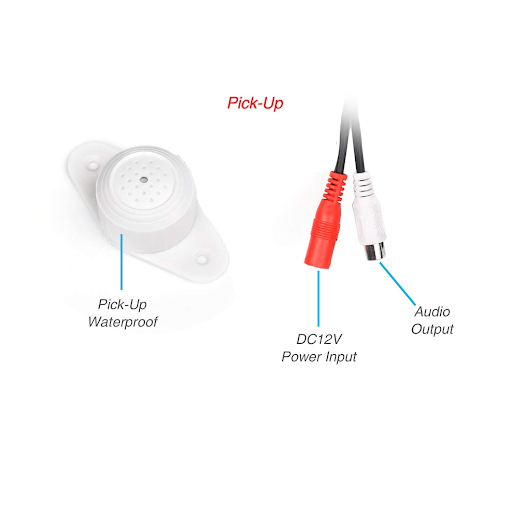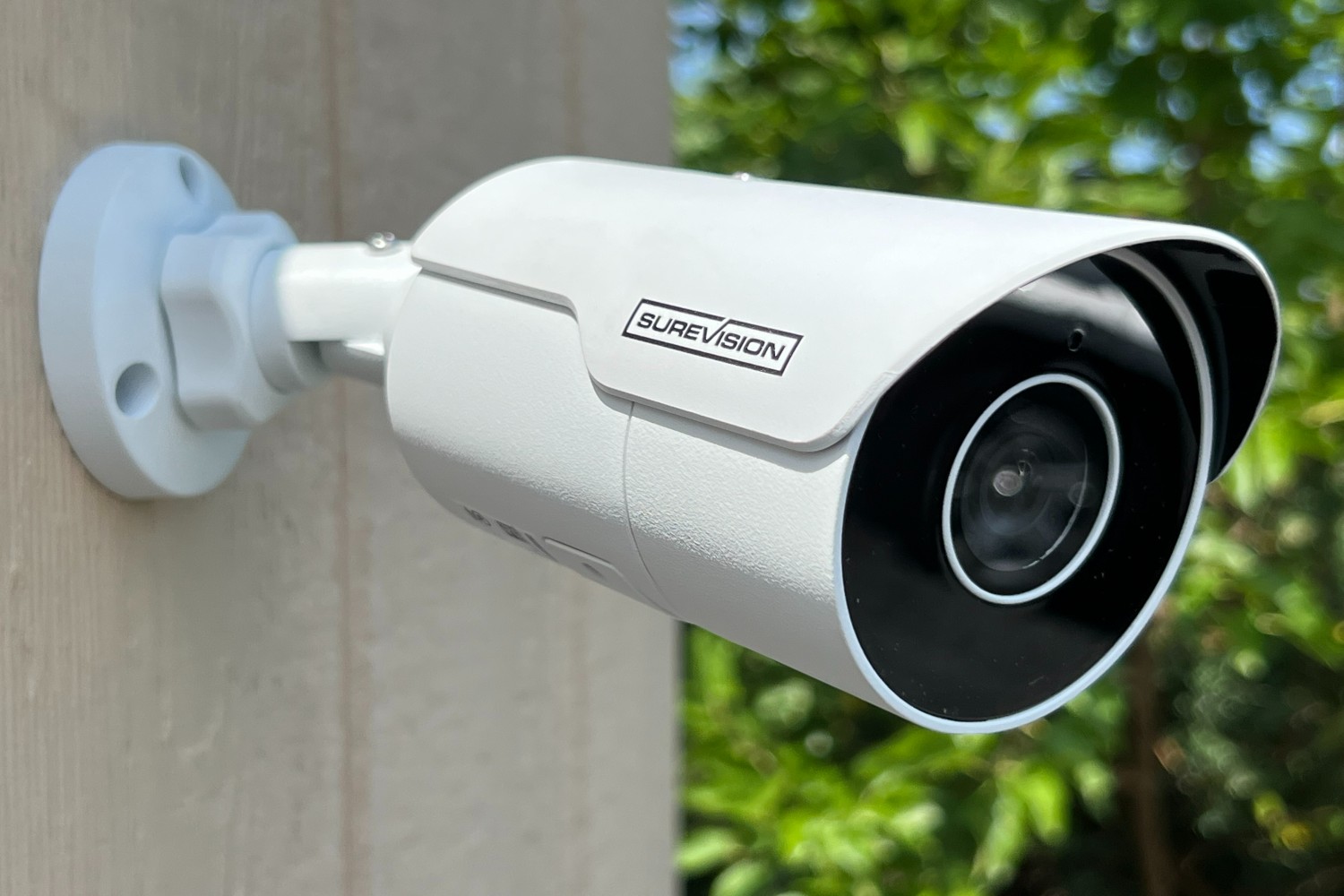How To Tell If A Security Camera Is Recording You
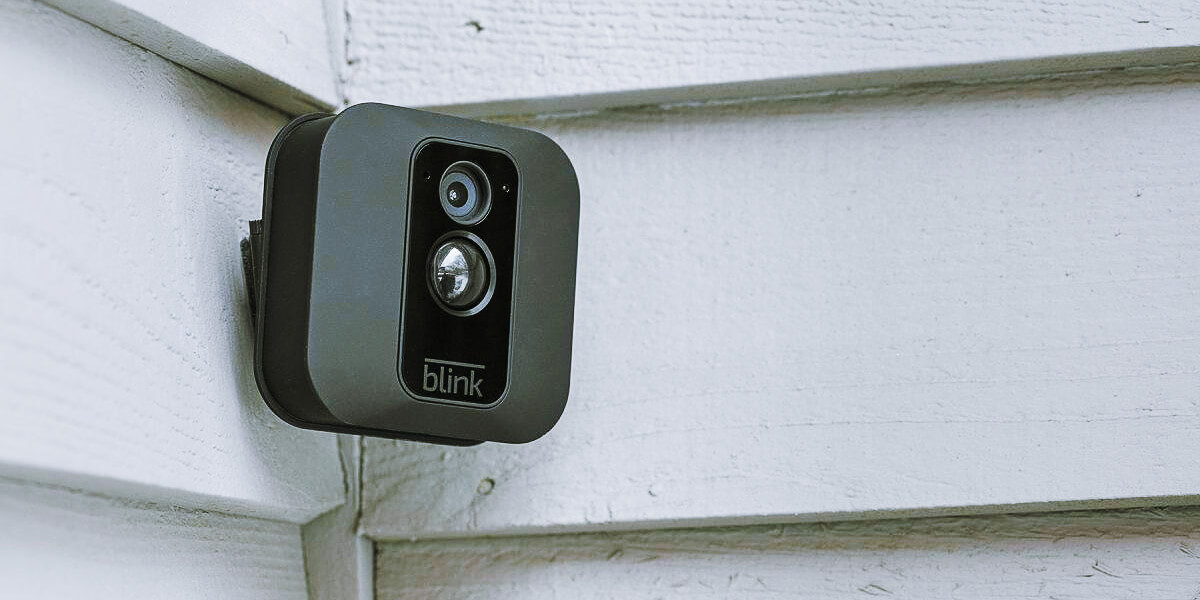
Imagine strolling down a familiar street, the afternoon sun casting long shadows. A gentle breeze rustles the leaves, creating a peaceful ambiance. Suddenly, you notice a glint of glass high above, a security camera perched on a building's facade. An uneasy feeling creeps in: Is it watching me? Am I being recorded?
Knowing how to determine if a security camera is actively recording is increasingly vital in our digitally monitored world. This knowledge empowers individuals to maintain their privacy and be more aware of their surroundings. It also promotes a greater understanding of surveillance practices.
The Ubiquitous Eye: A World of Surveillance
Security cameras are everywhere. From bustling city centers to quiet suburban neighborhoods, they are a constant presence. Understanding the significance of this surveillance and how it impacts our daily lives is essential.
The rise of security cameras is intrinsically linked to technological advancements. The development of smaller, more affordable cameras has made them accessible to a wider range of users.
The perceived benefits are numerous, from deterring criminal activity to providing crucial evidence in investigations. However, there are concerns about privacy and the potential for misuse. Striking a balance between security and individual rights is a challenge that societies continue to grapple with.
Decoding the Signs: Is That Camera Rolling?
Determining whether a security camera is actively recording isn't always straightforward. Here are several clues and methods you can use.
Observable Indicators: Lights and Movement
Many security cameras have small LED lights that indicate their operational status. A blinking or solid light often signifies that the camera is recording or actively monitoring the area. However, not all cameras have these lights, and some can be configured to turn them off for discreet surveillance.
Some cameras, particularly those with pan-tilt-zoom (PTZ) capabilities, might exhibit slight movements. These adjustments may suggest active monitoring. However, scheduled movements for routine checks may also exist.
Physical Examination: Get a Closer Look (When Possible)
If you have access to the camera, check for any visible signs of activity. Look for any labels or markings that indicate recording status.
However, avoid tampering with the camera or entering private property without permission. Such actions can have legal consequences.
Technological Clues: Exploring the Digital Realm
Some advanced security systems are connected to a network. Look for Wi-Fi networks with names that could be associated with the camera or surveillance system. This might suggest that the camera is actively transmitting data.
Certain mobile apps can detect nearby security cameras. These apps may be able to provide information about the camera's make and model. They may also tell you if it is actively recording. However, the accuracy of these apps can vary. Consider the source of such apps before downloading.
Audio Cues: Listening for Signs of Activity
Some cameras are equipped with audio recording capabilities. If you hear a faint hissing or static sound near the camera, it could indicate that the microphone is active.
Be aware that audio recording laws vary by location. Recording conversations without consent may be illegal.
Navigating the Legal Landscape: Your Rights and Privacy
Understanding your rights concerning surveillance is essential. Laws regarding the use of security cameras vary considerably depending on location.
In many places, it is legal to record video in public spaces. Audio recording is often subject to stricter regulations. Familiarize yourself with local laws and regulations to ensure you are informed about your rights.
If you believe a security camera is being used unlawfully or is infringing on your privacy, you have the right to take action. Document your concerns and gather any relevant evidence.
Contact local authorities or a legal professional to discuss your options. This could involve filing a complaint or seeking legal recourse.
Best Practices: Protecting Your Privacy
Even in a world filled with cameras, you can take steps to protect your privacy.
Be aware of your surroundings. Pay attention to the presence of security cameras and consider their potential field of view.
When possible, take alternative routes or adjust your behavior to minimize your exposure to surveillance. This doesn't mean living in fear, but rather exercising caution and awareness.
Support organizations that advocate for privacy rights and responsible surveillance practices. By staying informed and engaged, you can contribute to a more transparent and accountable surveillance landscape. According to a 2023 report by the Electronic Frontier Foundation (EFF), increased public awareness can significantly impact policy decisions regarding surveillance technology.
Consider using privacy-enhancing technologies such as VPNs and encrypted communication tools. These tools can help protect your data and online activity from prying eyes.
Secure your own home security cameras properly. Ensure that they are password-protected and that the software is up-to-date. A report by Cybersecurity and Infrastructure Security Agency (CISA) indicates that improperly secured devices are often targets for malicious actors.
Looking Ahead: The Future of Surveillance
The landscape of surveillance technology is constantly evolving. Artificial intelligence (AI) and facial recognition are becoming increasingly integrated into security camera systems. This raises new ethical and privacy concerns.
As technology advances, it will be crucial to have open and honest conversations about the appropriate use of surveillance. Policies that balance security and privacy will need to adapt to keep pace with technological changes.
By staying informed, advocating for responsible practices, and embracing privacy-enhancing technologies, individuals can navigate the surveillance landscape with greater confidence and agency. This ensures that technology serves society's best interests, not the other way around. A 2024 statement from the United Nations Human Rights Office emphasized the need for international cooperation to establish global standards for the ethical use of surveillance technologies.
The next time you encounter a security camera, you'll hopefully feel more empowered. You will have the knowledge to assess the situation and take appropriate steps to protect your privacy. Knowledge truly is power, especially in the age of ubiquitous surveillance.
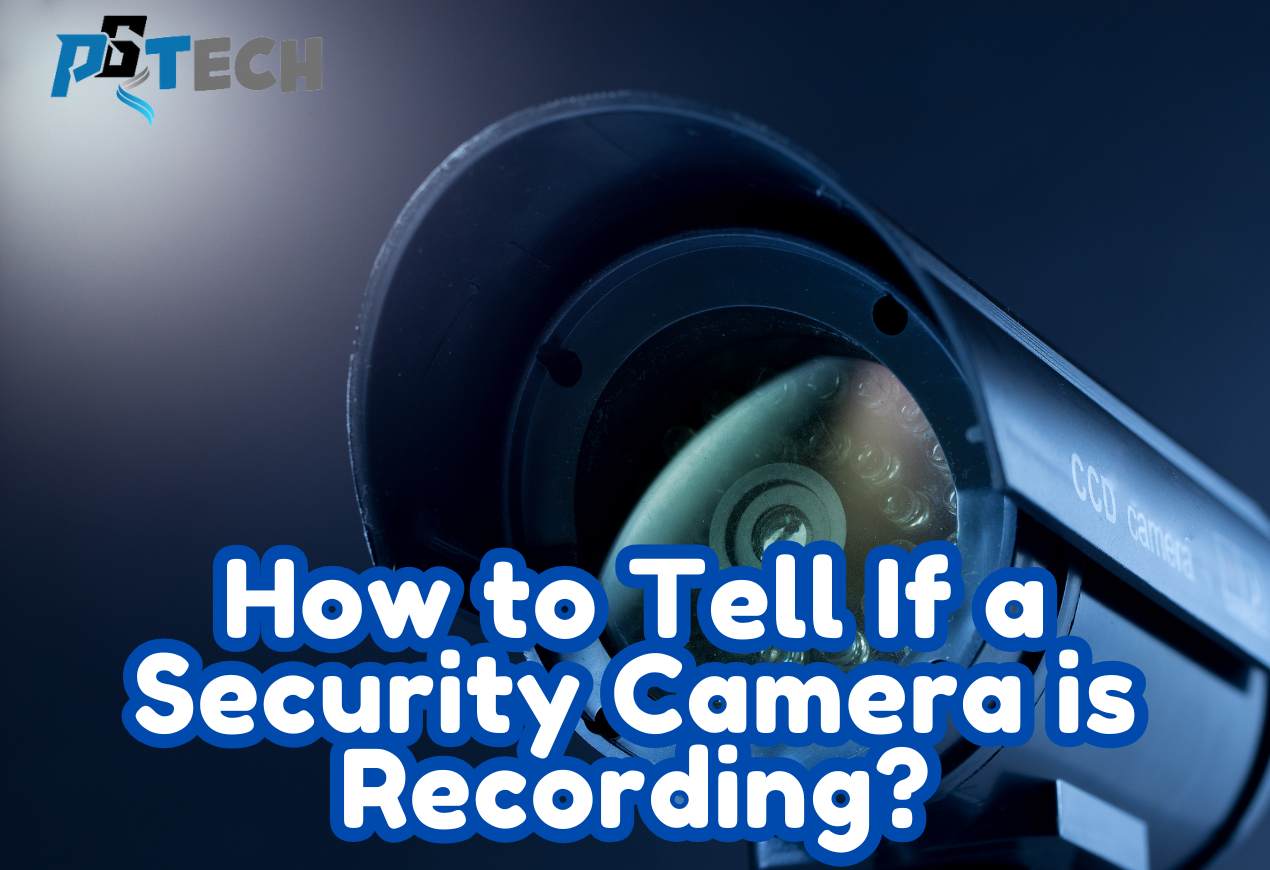
![How To Tell If A Security Camera Is Recording You How to Tell If a Security Camera Is Active [Recording in Progress]](https://aventuratechnologies.com/wp-content/uploads/2023/05/indicators-of-active-recording-for-different-camera-types.jpg)
